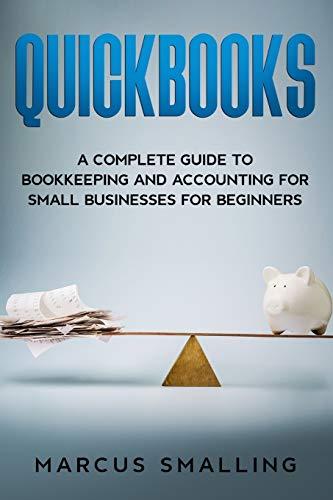Please complete all that you can, and I promise to upvote it!

Here are the answers from previous questions (questions #4 & #6 are wrong if you could do them correctly that would be a great help):
1. Raw Material Cost = 29000 units x 4 pounds per unit @ $10 per pound = $1160000
2. Raw Material Cost = 34000 units x 4 pounds per unit @$10 per pound = $1360000
3. Raw Material Price Variance = (Actual Quantity purchased x Actual cost per unit) - (Actual Quantity purchased x Standard Cost per unit) = (160000 x $8.50) - (160000 x $10) = $240000 F
4. Raw Material Quantity Variance = (Actual Quantity - Standard Quantity) x Standard Price = (160000-116000) x $10 = $440000 U
5. Raw Material Price Variance = (Actual Quantity purchased x Actual cost per unit) - (Actual Quantity purchased x Standard Cost per unit) = (174000 x $8.50) - (174000 x $10) = $261000 F
6. Raw Material Quantity Variance = (Actual Quantity - Standard Quantity) x Standard Price = (174000-116000) x $10 = $580000 U
7. Direct Labour Cost = 29000 units x 2 hours per unit @ $13 per hour = $754000
8. Direct Labour Cost = 34000 units x 2 hours per unit @ $13 per hour = $884000






 thank you!
thank you!
Required information [The following information applies to the questions displayed below.] Preble Company manufactures one product. Its variable manufacturing overhead is applied to production based on direct labor-hours and its standard cost card per unit is as follows: Direct materials: 4 pounds at $10 per pound Direct labor: 2 hours at $13 per hour Variable overhead: 2 hours at $9 per hour Total standard cost per unit $ 40 26 18 $ 84 The planning budget for March was based on producing and selling 29,000 units. However, during March the company actually produced and sold 34,000 units and incurred the following costs: a. Purchased 160,000 pounds of raw materials at a cost of $8.50 per pound. All of this material was used in production. b. Direct laborers worked 59,000 hours at a rate of $14 per hour. C. Total variable manufacturing overhead for the month was $564,040. 9. What is the labor rate variance for March? (Indicate the effect of each variance by selecting "F" for favorable, "U" for unfavorable, and "None" for no effect (i.e., zero variance.). Input all amounts as positive values.) Labor rate variance 10. What is the labor efficiency variance for March? (Indicate the effect of each variance by selecting "F" for favorable, "U" for unfavorable, and "None" for no effect (i.e., zero variance.). Input all amounts as positive values.) Labor efficiency variance 11. What is the labor spending variance for March? (Indicate the effect of each variance by selecting "F" for favorable, "U" for unfavorable, and "None" for no effect (i.e., zero variance.). Input all amounts as positive values.) Labor spending variance 12. What variable manufacturing overhead cost would be included in the company's planning budget for March? Variable manufacturing overhead cost 13. What variable manufacturing overhead cost would be included in the company's flexible budget for March? Variable manufacturing overhead cost 14. What is the variable overhead rate variance for March? (Round the actual overhead rate to two decimal places. Indicate the effect of each variance by selecting "F" for favorable, "U" for unfavorable, and "None" for no effect (i.e., zero variance.). Input all amounts as positive values.) Variable overhead rate variance 15. What is the variable overhead efficiency variance for March? (Round the actual overhead rate to two decimal places. Indicate the effect of each variance by selecting "F" for favorable, "U" for unfavorable, and "None" for no effect (i.e., zero variance.). Input all amounts as positive values.) Variable overhead efficiency variance







 thank you!
thank you!





